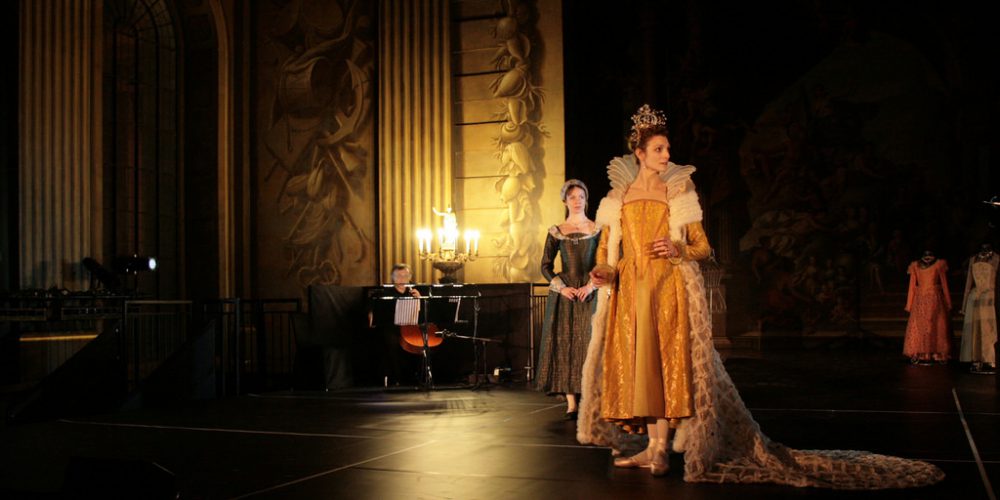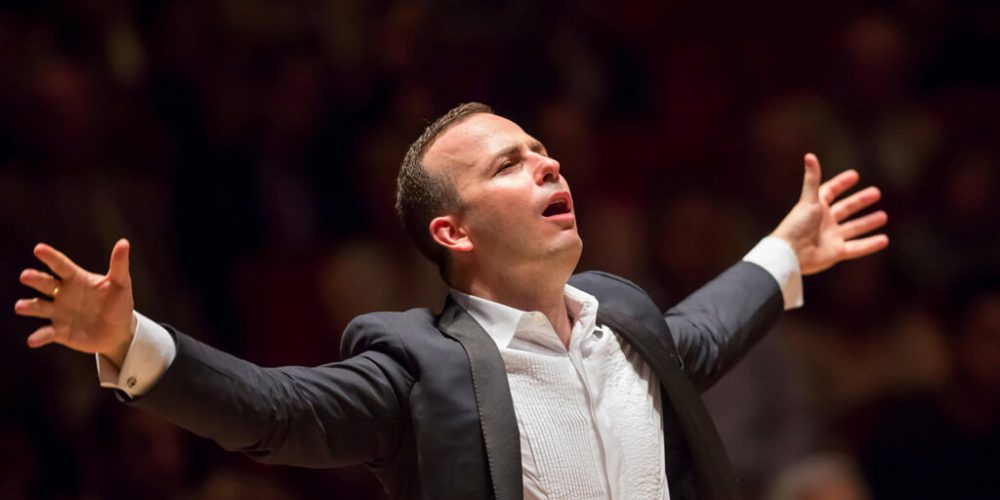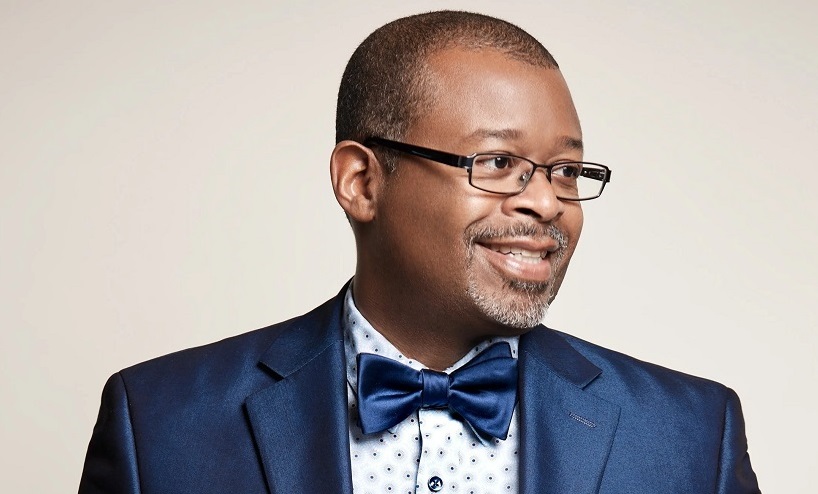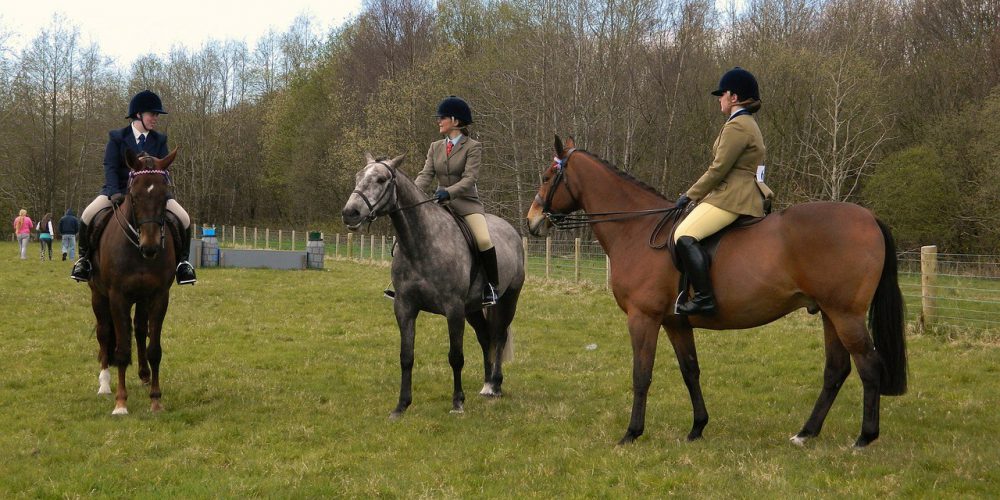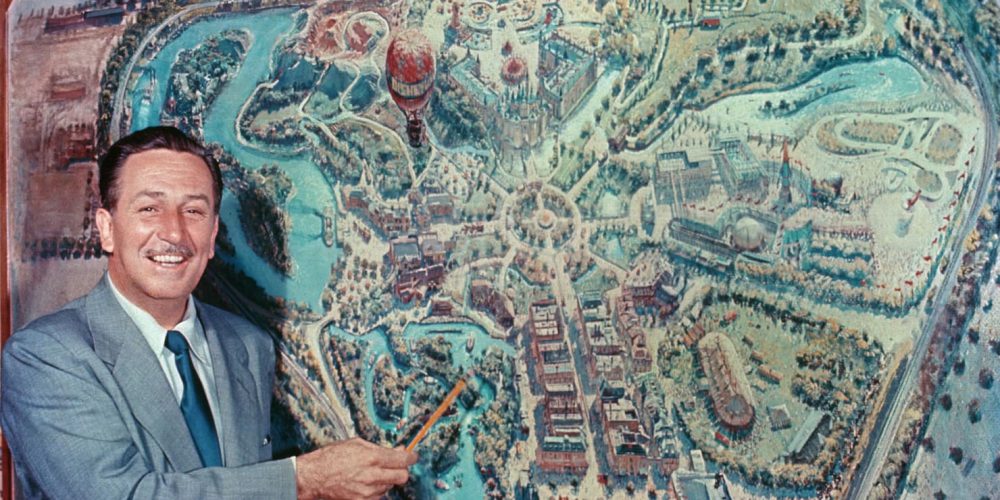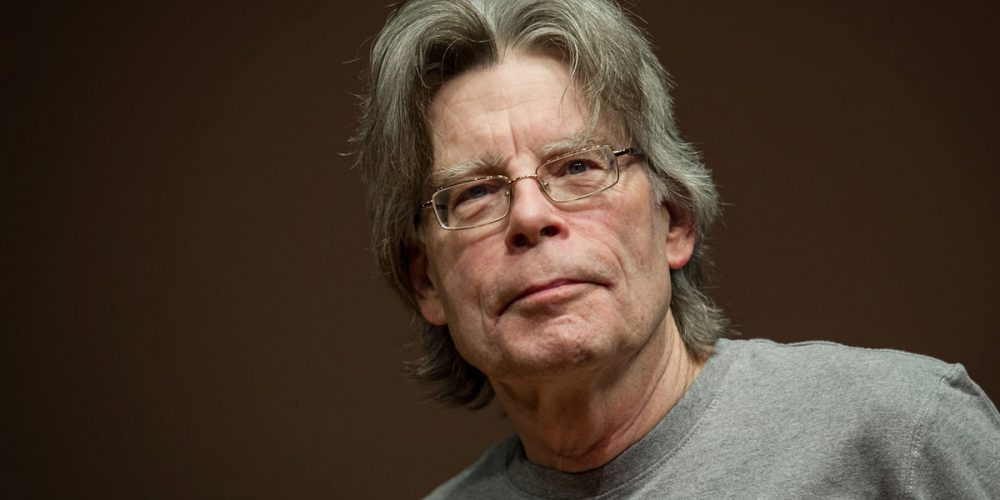Ludwig Van Beethoven: his music inspires and gives wings
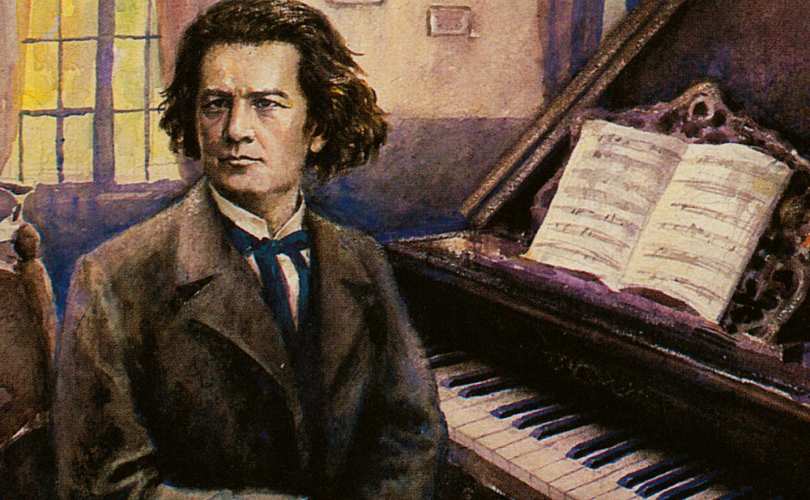
Widely regarded as the greatest composer who ever lived, Ludwig van Beethoven dominates a period of musical history as no one else before or since.
Rooted in the Classical traditions of Joseph Haydn and Mozart, his art conveys the spirit of humanism expressed in the works of Goethe and Friedrich von Schiller, his elder contemporaries in the world of literature.
His music is imbued with his passionate love and concern for freedom and dignity of the individual. ‘People, you are brothers. Millions, embrace each other’ sound as the main motif of his life and music.
He revealed more vividly than any of his predecessors the power of music to convey a philosophy of life without the aid of a spoken text. And in certain of his compositions is to be found the strongest assertion of the human will in all music, if not in all art.
A crucial figure in the transition between the Classical and Romantic eras in Classical music, he remains one of the most recognized and influential of all composers.
His best-known compositions include 9 symphonies; 5 piano concertos; 1 violin concerto; 32 piano sonatas; 16 string quartets; a mass, the Missa solemnis; and an opera, Fidelio.
In musical form he was a considerable innovator, widening the scope of sonata, symphony, concerto, and quartet, while in the Ninth Symphony he combined the worlds of vocal and instrumental music in a manner never before attempted.
His distinguishing feature was – he only composed how and when he felt inclined.
His personal life was marked by a heroic struggle against encroaching deafness, and some of his most important works were created during the last 10 years of his life when he was quite unable to hear.
Physically deaf, he heard music of the divine spheres. It gave him strength to live and win in most unbearable states and situations.
Beethoven’s music defeats loneliness, despair and death. It inspires and gives wings. It fills with hope for the unconditional triumph of higher love over evil.


